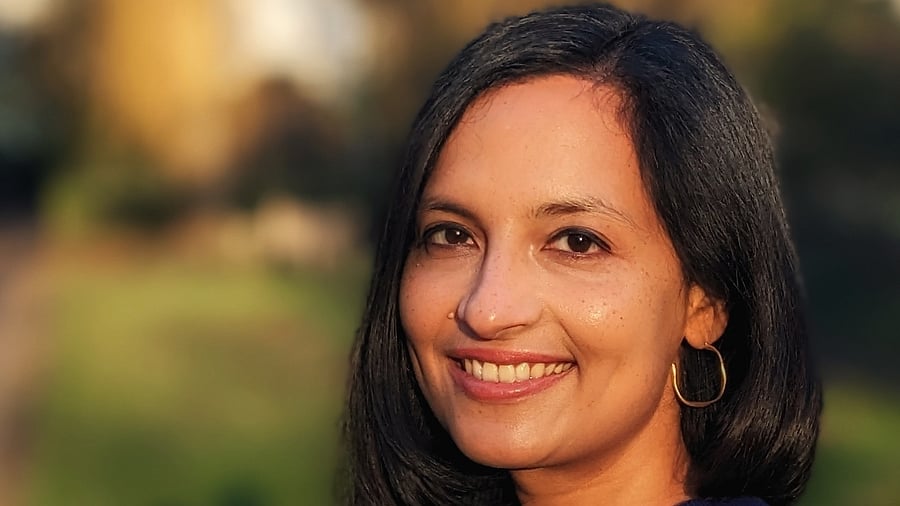
London-based writer Hema Sukumar was trained as an engineer. Her work lent her opportunities to travel, letting her leverage writing as a medium to express her ideas. It’s perhaps this worldly wisdom that helped her weave a tapestry of life in her debut novel Minor Disturbances At Grand Life Apartments. The novel, while giving space to diverse voices, romances with the idea of one’s place in society and how strengthening and disempowering familial relationships can be in the face of events that challenge our worldviews.
Sukumar, who is on the shortlist of the Atta Galatta Book Prize for Fiction, is grateful that her book “resonates with readers.” Given that it was “written over several years accompanied by persistent self-doubt, it is both wonderful and a complete relief” to be recognised, she notes. Excerpts from an interview
While the title suggests the happenings as “minor disturbances,” were you, in fact, playing around with the idea of what one considers a major or minor impact in their life?
As you suggest, I think what we consider a major or minor disturbance is relative to one’s circumstances in life. I also believe that the struggle of a small group of individuals could perhaps always be considered minor when viewed in the bigger scheme of things. On a different note, I also didn’t want the title to take itself too seriously and intended it to be a little playful to match the reader’s expectations for what lies inside.
Would you say that your work is not only an acute study of Chennai and the characters that inhabit the book, but also an underlining of the tussle between modernity and tradition?
I believe that the conflict between traditional values and modernity forms an inherent part of the city’s personality. It can be seen in the dreams and moral dilemmas of the city’s younger generation who want to access greater personal freedoms than what their parents had, but also feel conflicted in their reach. In a rather literal sense, it can also be observed through the changes in the city’s landscape where traditional filter coffee now exists alongside cafes that serve artisanal pour-over brews, although the latter admittedly caters to a select population.
At the heart of your novel, women are trying to negotiate with patriarchy — and caste-heteropatriarchy, in particular — in their unique ways, be it a mother reconciling with her daughter’s sexuality or another troubled by the idea that her daughter is way past the “suitable” age to get married. What was your approach while constructing such a narrative?
While writing the women in the story, I wanted to explore each of their perspectives in the most empathetic way that I could, while leaving as little room as possible for my own biases. The mothers in the novel have had different life experiences and expectations from society, which makes them view the world differently from their daughters. The daughters, on the other hand, are more impatient to step outside the limits of societal expectations and want to live their lives in a way that’s more truthful to themselves. This push-and-pull between mothers and grown-up daughters was interesting to examine, especially when their relationships were tested.
Jason’s character could have been misplaced in the scheme of things, but he comes across as an endearing and involved person in the way the narrative unfolds. Were you trying to place as many diverse characters as possible?
The story is told from three perspectives — Kamala, Revathi, and Jason — with Jason being completely new to the city, and also to India. He finds the ordinary aspects of city living, such as negotiating with auto drivers or even crossing a busy road, overwhelming to begin with. I thought that having someone with Jason’s background observing the goings-on at Grand Life Apartments would bring additional humour and interest to the narrative. As I started developing his story, it also became important to me that he views his new life in Chennai in all its complexity without being too judgemental.